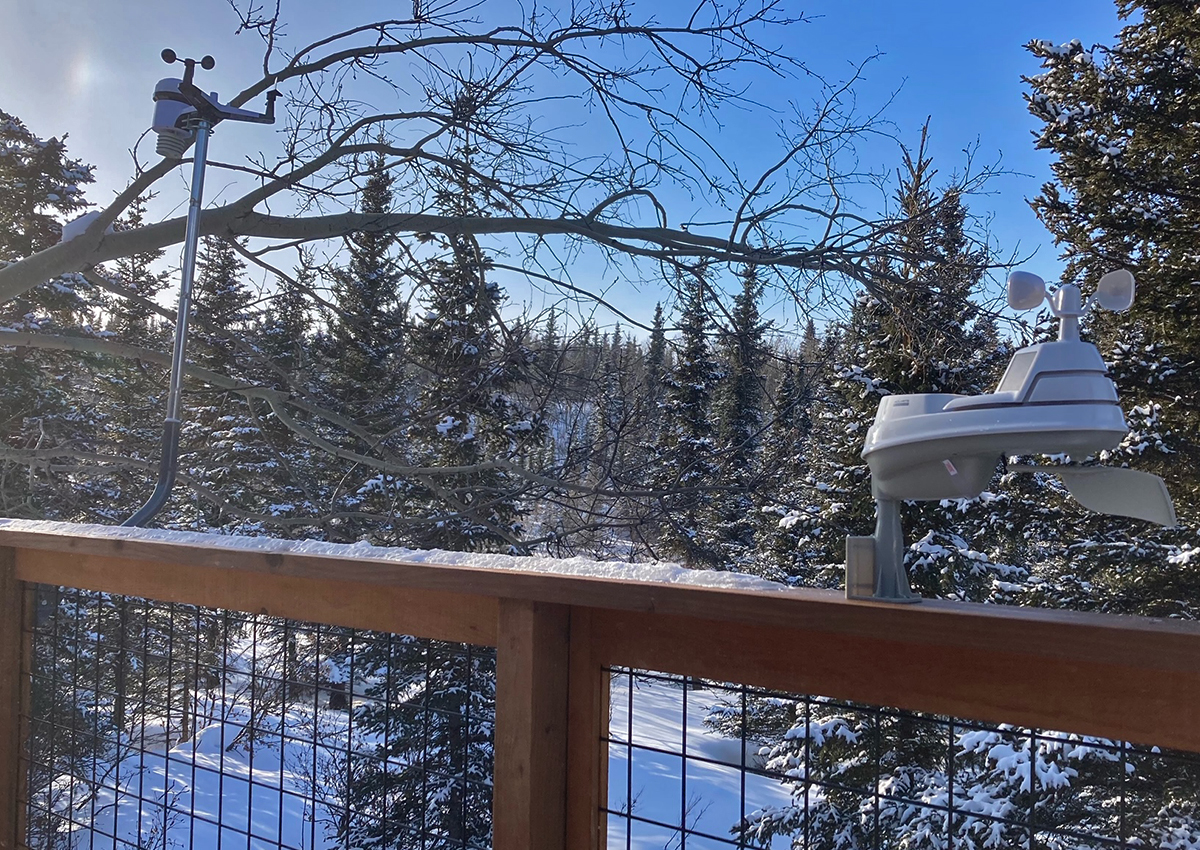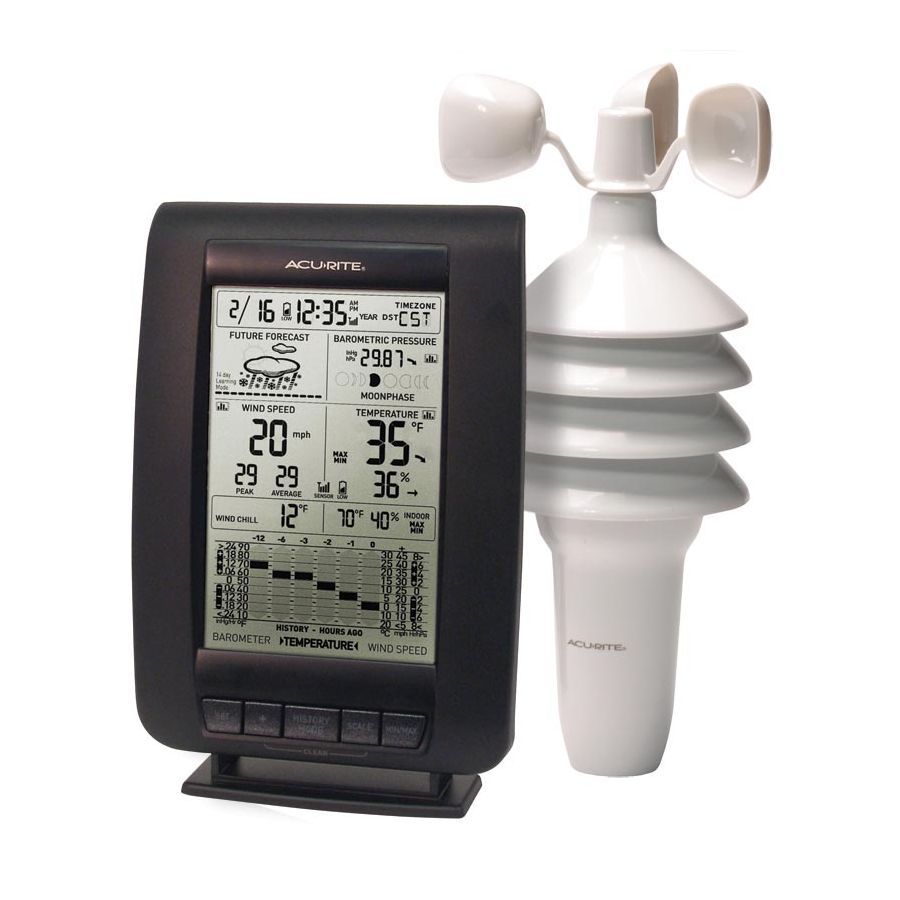Exactly how to Select the most effective Weather Stations for Home Usage: A Comprehensive Overview
Exactly how to Select the most effective Weather Stations for Home Usage: A Comprehensive Overview
Blog Article
Checking Out the Various Sorts Of Specialist Weather Condition Terminals for Accurate Information Collection
When it comes to selecting the appropriate climate terminal for data collection, the market offers a selection of alternatives tailored to different needs and setups. Let's explore the subtleties of these specialist weather condition stations to grasp their one-of-a-kind performances and identify the best fit for details data collection requirements.
Digital Climate Stations
In the realm of atmospheric instrumentation, digital weather terminals stand apart as sophisticated tools for exact data collection and evaluation. These advanced terminals are geared up with sensing units that catch a wide variety of weather criteria such as temperature, moisture, barometric pressure, wind rate, and instructions. The data accumulated by digital climate stations is transferred wirelessly to a main console or a computer for real-time monitoring and evaluation.
One of the vital advantages of digital climate stations is their capability to provide high-resolution data with precision and reliability. This level of accuracy is vital for different applications, consisting of agriculture, research study, aeronautics, and emergency reaction. Additionally, electronic weather stations typically feature software that allows users to picture the data in different styles like charts and graphes, facilitating simpler interpretation and decision-making.
Wireless Weather Condition Stations
Building on the capabilities of digital climate terminals, cordless weather condition terminals provide improved benefit and versatility in data transmission and surveillance. By utilizing cordless modern technology, these climate terminals get rid of the requirement for cumbersome wired connections, enabling very easy setup in numerous places. The wireless feature makes it possible for real-time information tracking from remote areas, providing meteorologists and climate lovers with immediate access to critical details.
Wireless climate terminals generally contain sensors that collect information on temperature, moisture, barometric pressure, wind rate, and direction. These sensing units wirelessly transmit the information to a central console or receiver, where it is refined and displayed for evaluation. Some advanced cordless weather condition terminals can even attach to the internet, permitting users to access their climate data from another location via computer systems or smartphones.

Prosumer Weather Stations
What identifies Prosumer Weather Stations from conventional consumer-grade climate terminals? Prosumer Weather Stations bridge the space in between professional-grade and consumer-grade tools, providing more sophisticated attributes and greater precision than common home weather stations. These terminals are made for climate enthusiasts, amateur meteorologists, and little services that call for even more precise data than what consumer designs can supply.
Prosumer Climate Stations often include a larger variety of sensing units to determine added atmospheric criteria such as UV index, leaf wetness, and soil dampness. They likewise tend to have a greater degree home of longevity and dependability, making them ideal for lasting exterior use in different ecological conditions.


Industrial Weather Terminals
Industrial Climate Stations, also recognized as meteorological tracking systems, are specialized tools designed for robust and specific weather condition information collection in industrial setups. These terminals are tailored to satisfy the one-of-a-kind demands of industrial procedures where exact weather condition info is critical for security, performance, and decision-making procedures.
Industrial weather stations are furnished with innovative sensors that can measure a wide variety of atmospheric criteria such as temperature, humidity, wind speed and direction, barometric pressure, and rainfall (Weather Stations). These terminals are usually ruggedly constructed to endure extreme ecological problems typically found in industrial environments
One secret function of industrial weather condition stations is their ability to offer real-time information monitoring and analysis. This allows industrial facilities to expect weather-related threats, maximize operations based on weather, and guarantee the safety of employees and tools. In addition, commercial weather condition stations can be integrated right into existing commercial control systems for seamless data monitoring and automation.
Mobile Weather Condition Stations
As opposed to fixed commercial weather condition stations, mobile weather condition stations supply adaptability and movement for on-the-go data collection in numerous ecological settings. These compact devices are created to be easily transferred to various places, making them optimal for field research study, emergency response scenarios, agriculture, building and construction websites, and outdoor occasions.
Portable climate stations commonly include sensors for gauging parameters such as temperature level, moisture, barometric pressure, wind rate, and wind direction. Some progressed models might likewise include extra sensors for checking rainfall, solar radiation, and UV levels. In spite of their use this link small dimension, portable weather terminals are capable of giving trusted and precise information similar to that of bigger, fixed terminals.
Among the essential advantages of portable weather condition terminals is their quick implementation and ease of configuration. They can be functional within mins, enabling quick data collection and analysis. Additionally, these stations can be configured to transfer real-time information wirelessly, enabling users to check and assess environmental conditions from another location. On the whole, portable climate terminals are important tools for experts calling for mobile, accurate, and timely weather info in diverse settings.
Conclusion
In final thought, professional climate terminals come in different click site types such as electronic, cordless, prosumer, industrial, and portable. By understanding the distinctions between these kinds of weather condition terminals, individuals can make informed choices to ensure they get the most specific and trusted weather information for their functions.
)))))
Structure on the abilities of digital weather condition stations, cordless weather condition stations provide improved benefit and flexibility in information transmission and tracking. Some progressed wireless climate stations can also connect to the net, allowing individuals to access their climate data from another location by means of computers or mobile phones.
Prosumer Climate Stations bridge the gap between consumer-grade and professional-grade devices, offering more innovative functions and greater precision than normal home weather stations. Weather Stations. Generally, portable weather condition terminals are important devices for specialists requiring portable, precise, and prompt climate information in diverse setups
By recognizing the differences between these kinds of climate terminals, people can make informed decisions to guarantee they obtain the most specific and dependable weather data for their functions.
Report this page